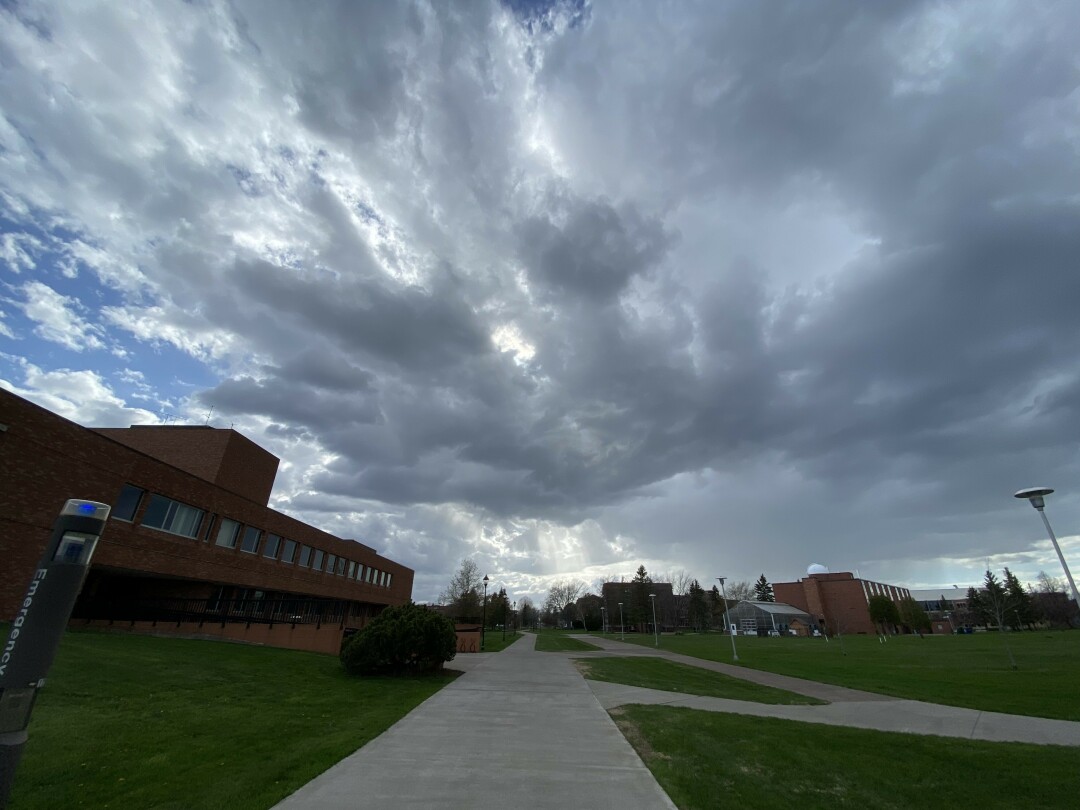Will we adapt?

Looking back over the past 67 years, I have come to appreciate the importance and benefits of adapting. Being able to adapt is a valuable life management skill that has played a significant role in different chapters of my life.
Whether it’s starting a new job and getting married or being unemployed and going through a divorce, there were moments when I realized that it was necessary and essential to adapt to changes taking place in my life.
In our world today, there’s climate change. It’s a global issue and challenge that is already impacting millions of people around the planet. With rising temperatures and sea levels, along with more intense and lethal wildfires and droughts, we are being confronted with a new reality.
Yet, as this climate emergency continues to become a bigger presence in our personal and public lives, will we respond? Will we pay attention? Will we admit, beginning with ourselves, that it’s getting out of control and we need to do something?
Will we or won’t we? Will we adapt or won’t we? Will we adapt or just watch so many things around us go underwater, up in smoke or simply disappear?
Will we acknowledge that climate change is real? Will we see how climate events are becoming more intense and lethal? Will we deal with our climate anxiety and depression?
If we can’t recognize and accept the reality of this climate emergency, then we won’t adapt. If we don’t understand how climate change is dramatically impacting our daily lives, then we can’t adapt.
If we refuse to explore how climate events around the world will significantly change our local communities, then being able to adapt will become more difficult and demanding.
Without adapting, more people will die from a growing list of health and medical complications. More people will experience anxiety, depression, anger and a variety of psychological disorders.
And more people will find themselves as climate migrants.
In his book "The Evolutionary World: How Adaptation Explains Everything From Seashells To Civilization," geologist Geerat J. Vermeij explores the role of adaptation through the evolution process for various species. “The adaptations of organisms are the material expression of an evolved response to the predictable elements of their world,” stated Vermeij.
So, in Duluth, are we developing an adaptive process or framework that provides for an evolved response to climate change?
Can we take a serious look at the current climate events taking place around the world as well as summarize and synthesize what’s being predicted for our city and region?
Will our city create a forum for the greater community to explore how we can individually and collectively adapt to the climate emergency that was declared by the Duluth City Council in the spring of 2021?
Vermeij wrote, “Uncertainty and insecurity will not go away, but adaptation can reduce their frequency and ameliorate their effects.”
Growing numbers of people in our city and around the world are definitely feeling more uncertain and insecure about the future. And given the scientific evidence that this climate emergency will be with us for a very long time, there is the probability that our uncertainty and insecurity will only become a bigger part of our lives, especially if we don’t make a serious commitment to adapting in this ever evolving climate-change world.
In the chapter titled “The Politics of Adaptation” from their book Climate Leviathan, Joel Wainwright and Geoff Mann wrote, “A key question, then, is what the focus of a critical reconstruction of our conception of the world should be. What are the essential common senses we must undo to see the future for which we must struggle?”
In order for Duluth to move forward and adapt to climate change, do we need to take a critical look at who and what we are in order to create a more resilient and sustainable city? How do we come to our collective senses to become a city of the future that embraces the most vulnerable among us and addresses climate injustice?
In his Oxford University graduation speech, Stephen Hawking stated, “Intelligence is the ability to adapt to change.”
With climate change, how intelligent is our city? Are we smart enough to adapt to what’s coming?
Do we have the collective foresight and wisdom to find our way through this?
